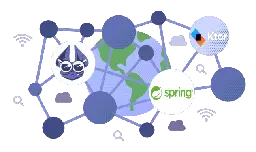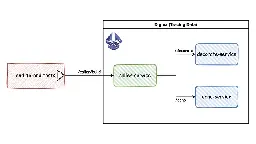25 Reasons Why Financial Enterprise Companies Use Java
LadyLeeLoosh @ LadyLeeLoosh @programming.dev Posts 66Comments 15Joined 2 yr. ago
LadyLeeLoosh @ LadyLeeLoosh @programming.dev
Posts
66
Comments
15
Joined
2 yr. ago
Shorten your feedback loop: Java observability with OpenTelemetry, Grafana Cloud, and Digma.ai
Shorten your feedback loop: Java observability with OpenTelemetry, Grafana Cloud, and Digma.ai
How to Identify Dependencies in Your Codebase During Microservices Migration
















https://github.com/digma-ai/digma